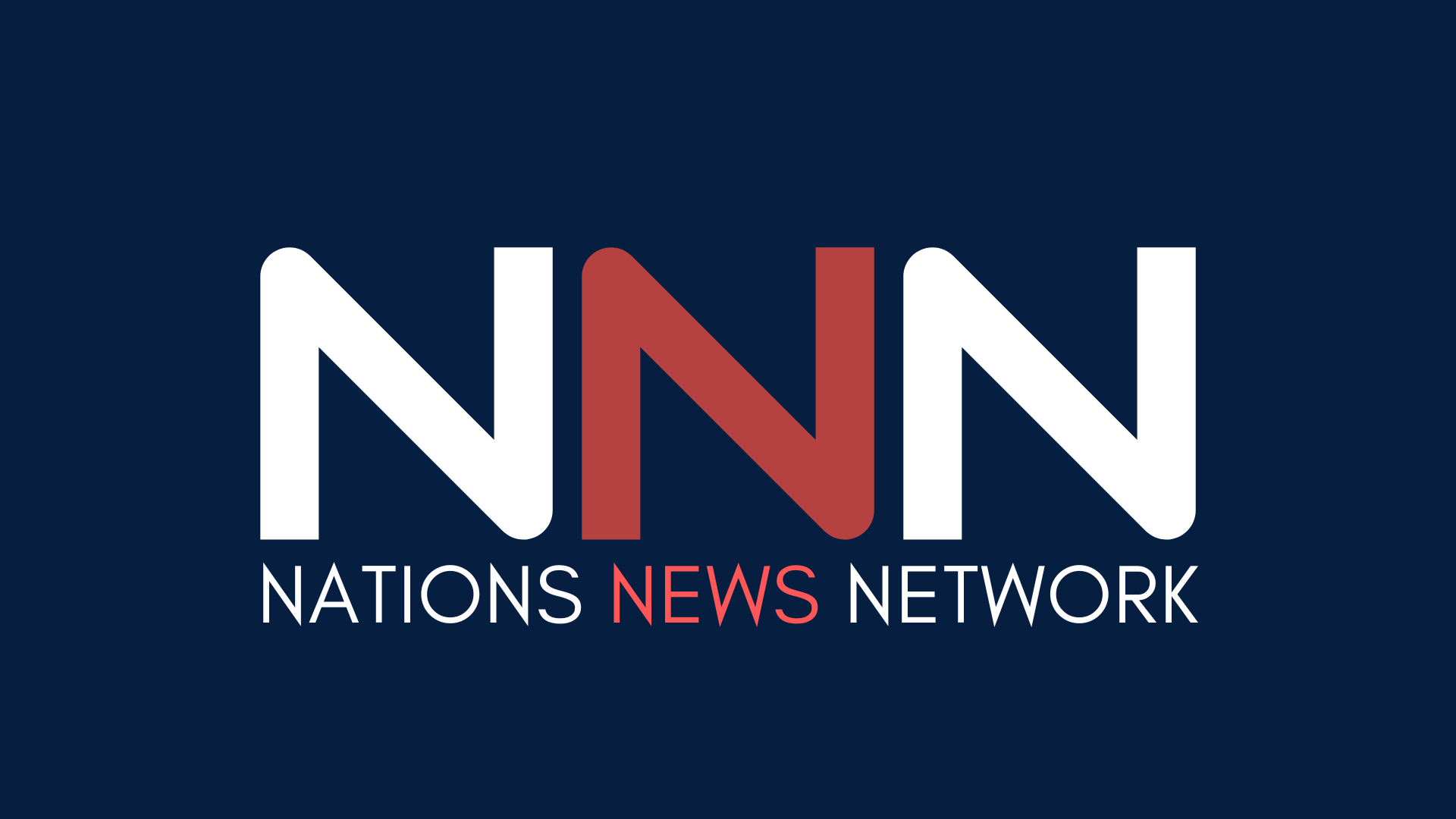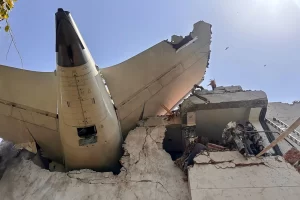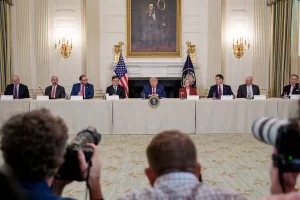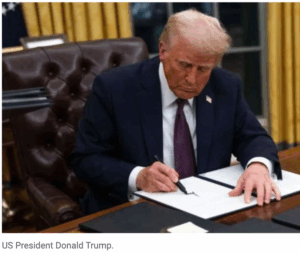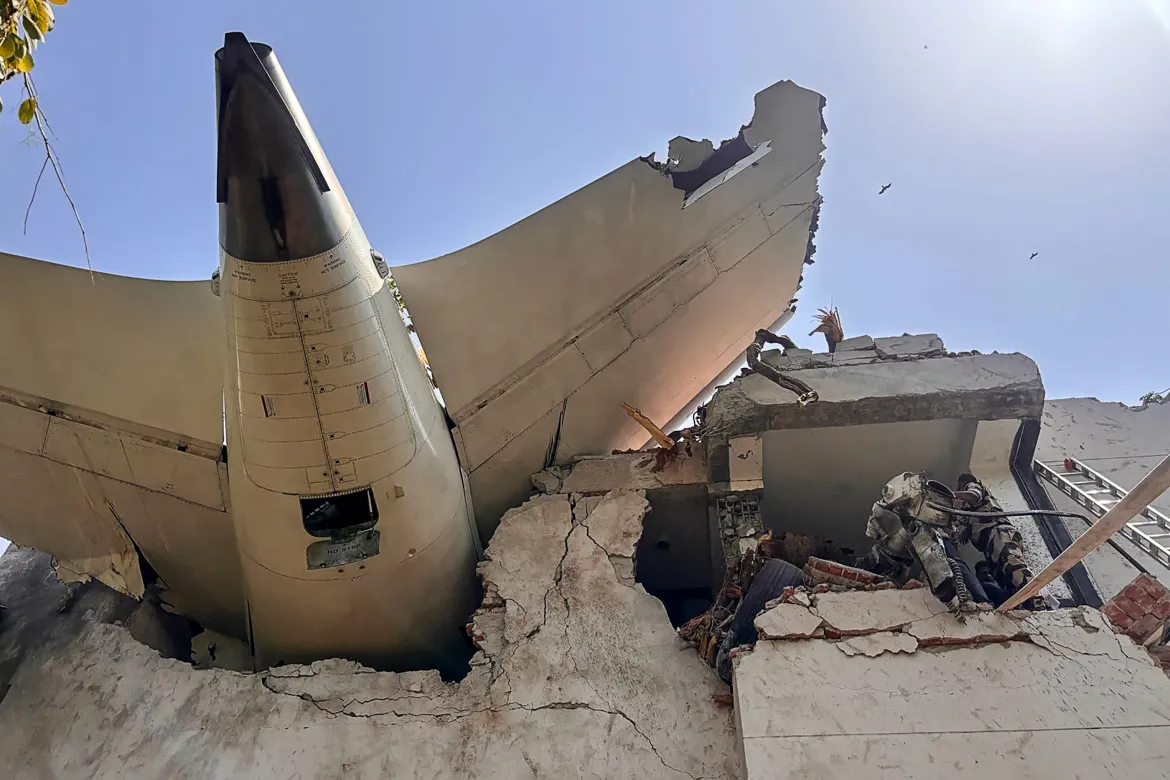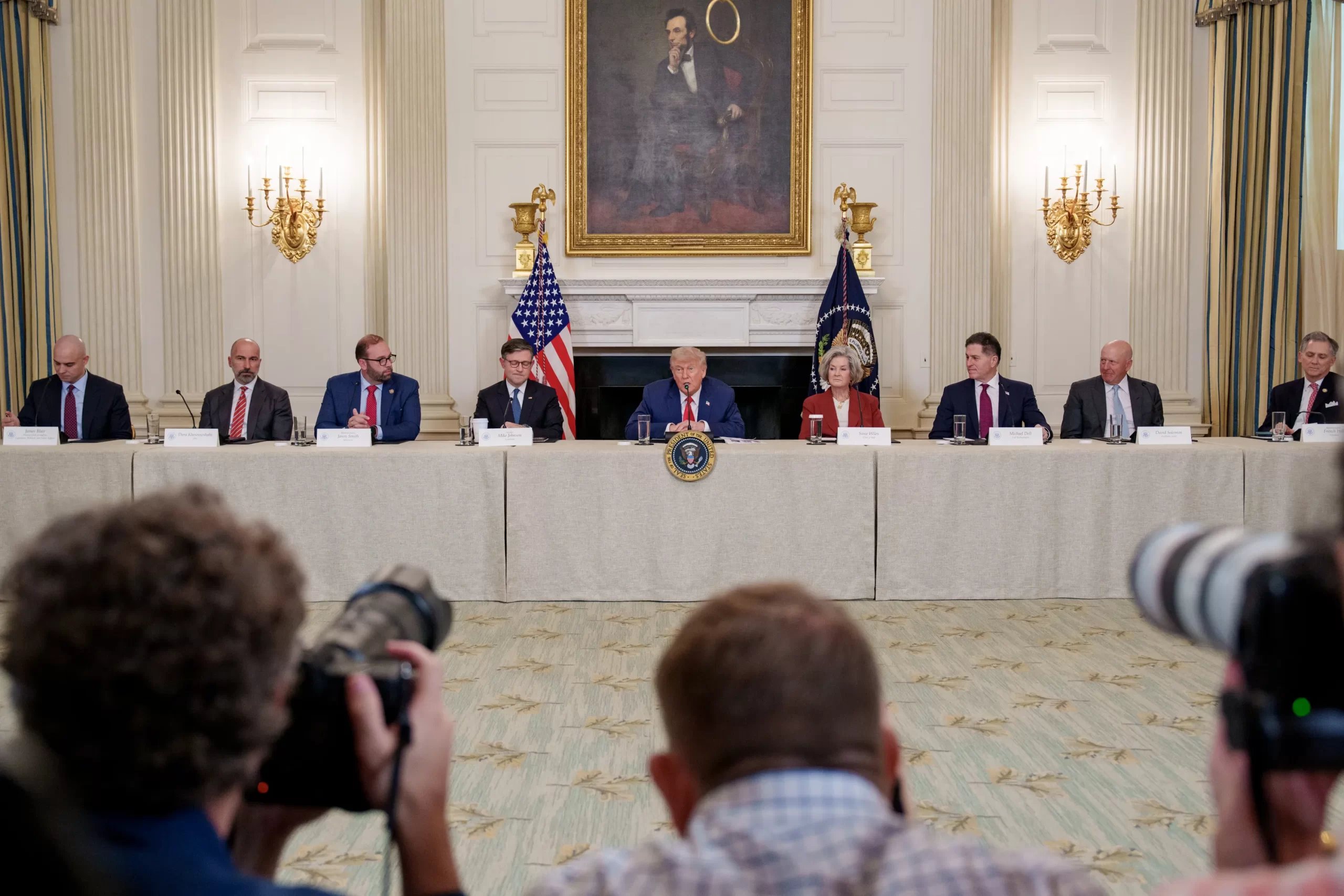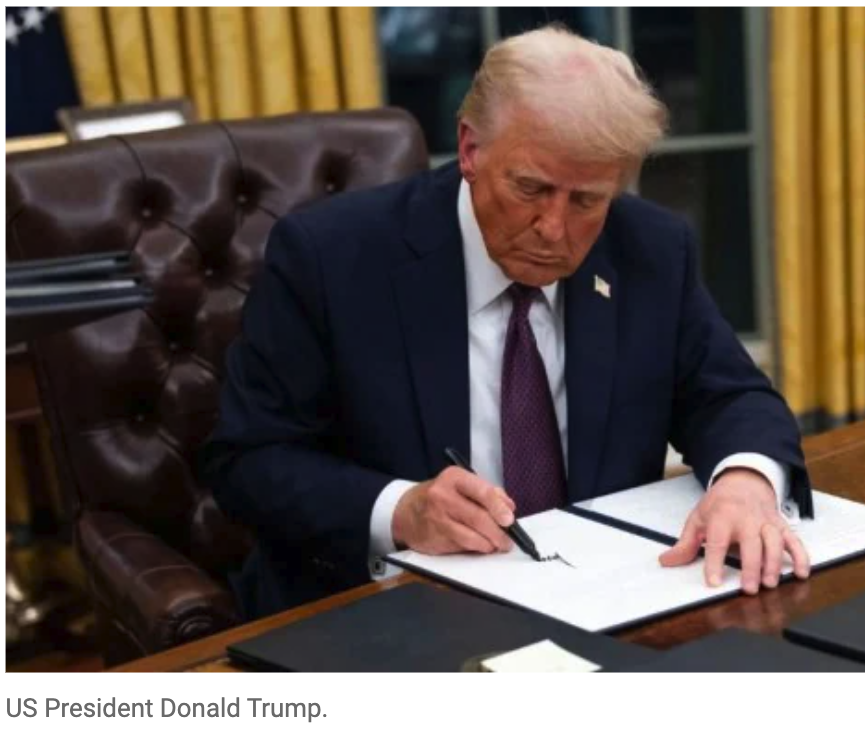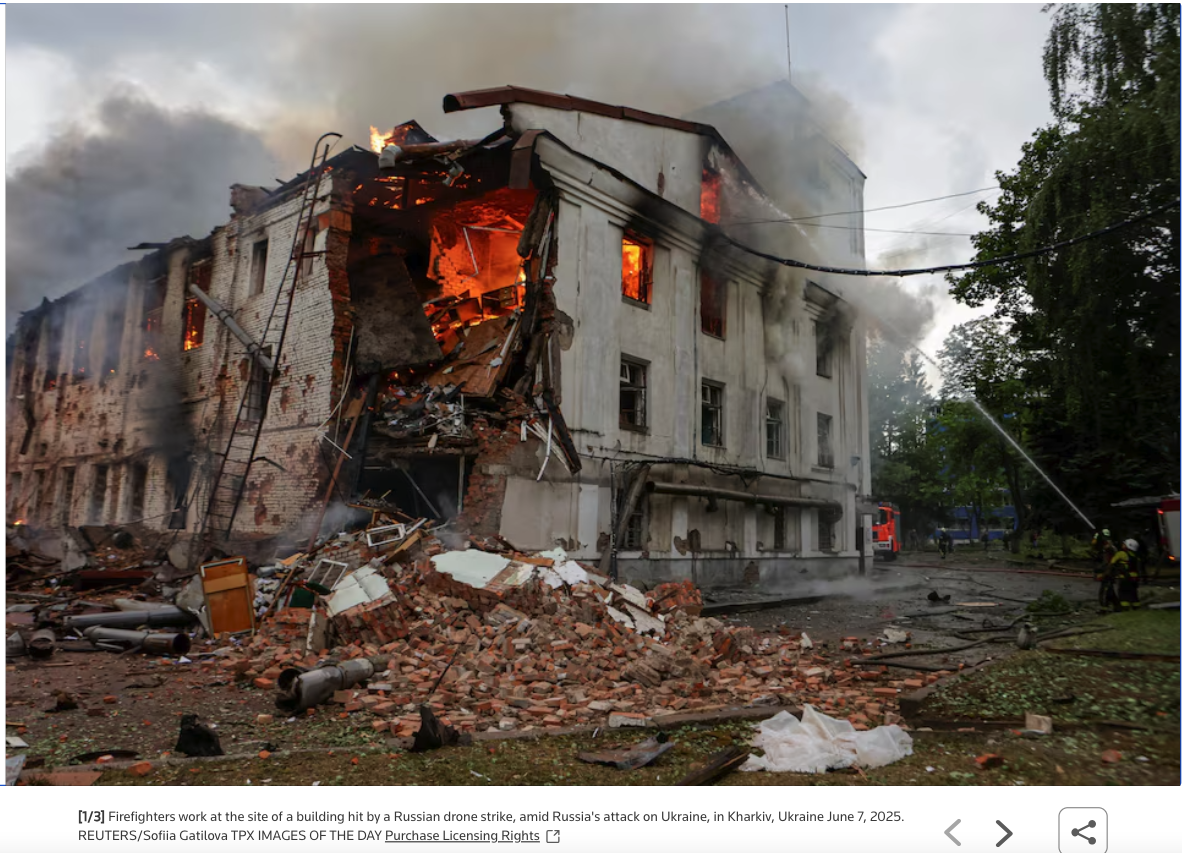Washington, D.C., February 1, 2025 — President Donald J. Trump today expanded a previously declared national emergency to address a surge in illicit drugs, including fentanyl, entering the United States via its northern border. The move comes amid growing concerns that the sustained influx of illegal opioids and other narcotics is endangering American lives, straining healthcare systems, and impacting communities across the nation.
Expansion of the National Emergency
Citing the authority granted by several U.S. laws—including the International Emergency Economic Powers Act (IEEPA) and the National Emergencies Act (NEA)—the President stated that the influx of illicit drugs and associated criminal activities such as human trafficking and smuggling constitutes an unusual and extraordinary threat to national security. While previous efforts focused on the southern border, the President highlighted that challenges at the northern border, particularly involving Canada, have now reached critical levels.
Imposition of Tariffs on Canadian Products
To counter these threats, the order imposes additional tariffs on goods originating from Canada. Key points include:
- General Tariffs: A 25% ad valorem tariff will be applied to most Canadian products.
- Energy-Related Tariffs: A reduced 10% tariff will be imposed on energy or energy-related products as defined under current U.S. policy.
- Effective Date: These tariffs will take effect for goods entered for consumption or withdrawn from warehouses on or after 12:01 a.m. Eastern Time on February 4, 2025.
- Exemptions and Procedures: Certain goods loaded onto vessels or in transit before February 1, 2025, may be exempt from the new tariffs, provided that importers certify compliance with specific requirements.
The order also specifies that the tariffs imposed under this directive are in addition to any other applicable duties, fees, or charges. In a contingency clause, the President noted that should Canada retaliate with its own trade restrictions, additional measures could be applied to ensure the effectiveness of this policy.
Interagency Coordination and Reporting
The directive calls for regular consultations between the Secretary of Homeland Security, the Secretary of State, the Attorney General, and other senior officials to monitor the situation at the northern border. These consultations will assess whether Canada is taking adequate steps to address the illegal trafficking of drugs. If Canada implements sufficient measures, the tariffs may be lifted.
The order also mandates that the Secretary of Homeland Security, in coordination with other key cabinet members, submit regular reports to Congress regarding the status of the national emergency and the effectiveness of the imposed measures.
Legal and Administrative Provisions
The President’s action is backed by multiple statutory authorities and is intended to be implemented in accordance with existing laws. The order clarifies that it does not create any enforceable legal rights for private parties against the United States government. Additionally, it instructs the relevant authorities to modify the Harmonized Tariff Schedule of the United States (HTSUS) to accommodate these changes.
